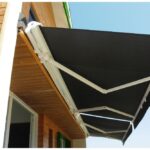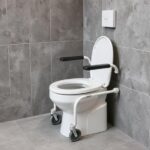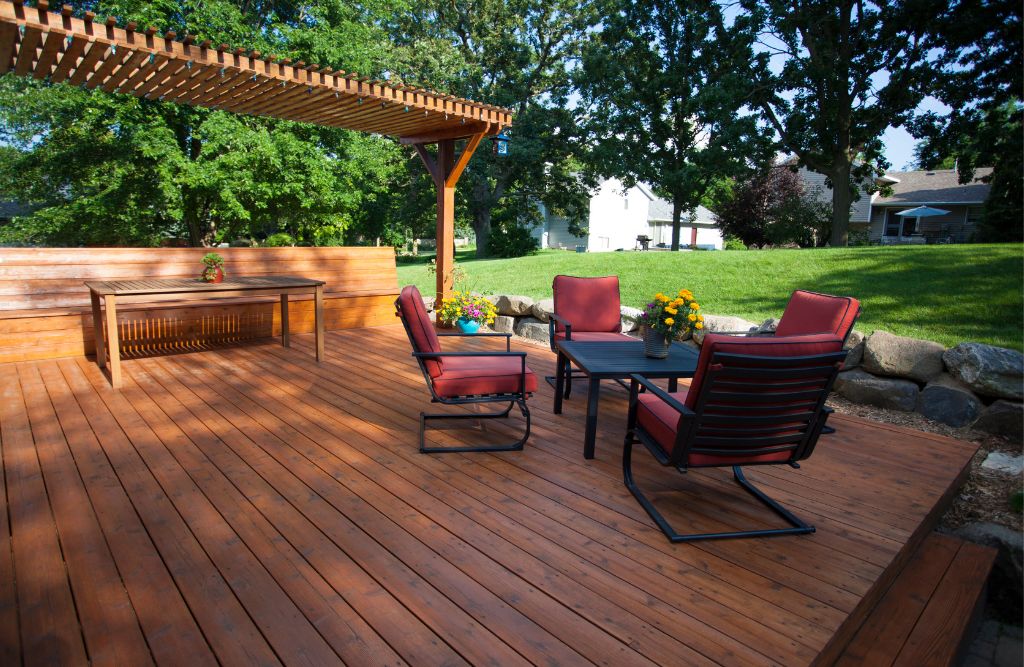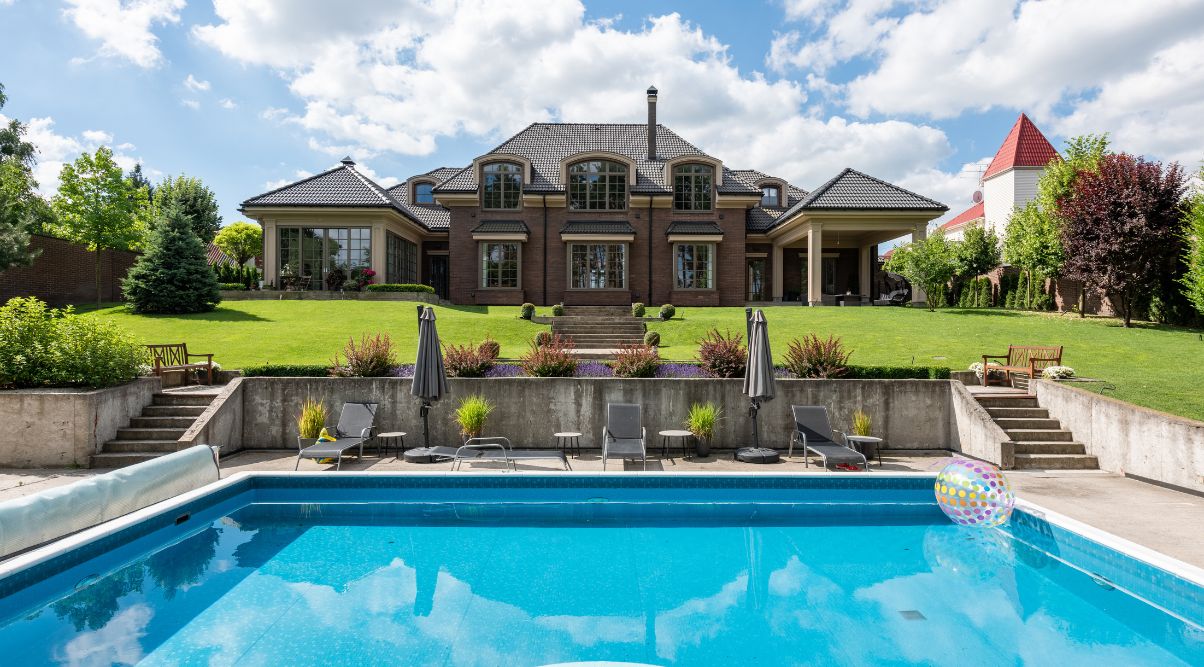Are you building a new home or renovating your existing one and wondering which heating and cooling system to choose? With various options available in the market, selecting the ideal energy-efficient system that suits your home and budget can be a daunting task. This article will guide you through the various types of heating and cooling systems, their advantages, and considerations to help you make the best choice for your home.
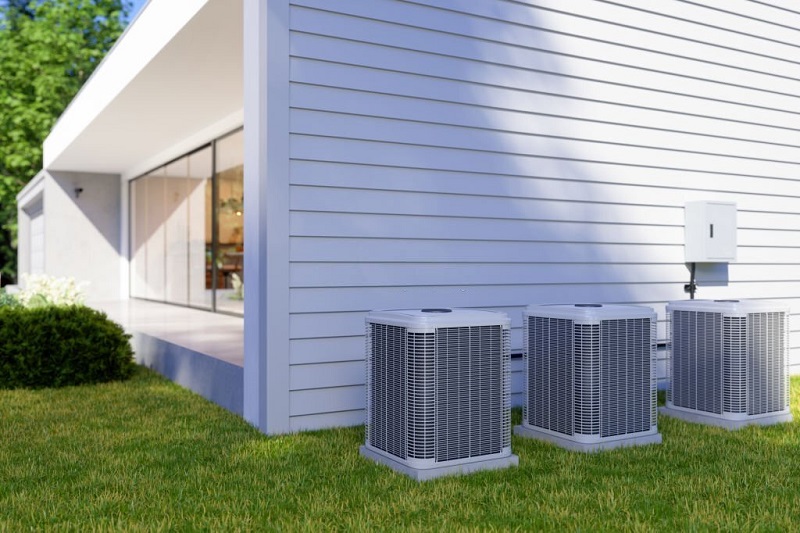
1. Why Choose an Energy-Efficient Heating and Cooling System?
The main reason to opt for an energy-efficient heating and cooling system is to save on energy costs. According to the U.S. Department of Energy, heating and cooling accounts for about 48% of the energy use in a typical home, making it the largest energy expense. By choosing a high-efficiency system, you are not only reducing your energy consumption but also saving money on utility bills.
Moreover, energy-efficient systems usually offer better performance, comfort, and indoor air quality, while emitting less greenhouse gases, reducing your home’s carbon footprint.
2. Different Types of Heating and Cooling Systems
i. Central HVAC System
A Central HVAC (Heating, Ventilation, and Air Conditioning) system is a popular choice for homeowners. This system uses ductwork to distribute conditioned air throughout your home. Typically, it includes a furnace for heating (using natural gas, propane, or electricity), an air conditioner for cooling, and a blower for air circulation.
Advantages:
– Provides both heating and cooling options
– Suits larger homes with multiple rooms
– Delivers conditioned air evenly throughout the home
ii. Ductless Mini-Split System
A ductless mini-split system is an energy-efficient alternative to a central HVAC system. It consists of an outdoor compressor and one or multiple indoor air handling units, connected by refrigerant lines. Each indoor unit has its thermostat, allowing for individual temperature control in various rooms.
Advantages:
– No need for ductwork, making installation easier and less expensive
– Energy-efficient, as it avoids energy losses associated with duct systems
– Provides both heating and cooling options
– Individual temperature control enhances home comfort
iii. Geothermal Heating and Cooling System
A geothermal heating and cooling system uses the constant temperature of the earth to provide heating, cooling, and sometimes hot water. These systems work by exchanging heat between the ground and your home through a series of pipes buried underground, called a loop.
Advantages:
– Highly energy-efficient, saving up to 70% on heating and 50% on cooling costs
– Environmentally friendly, as it uses renewable energy and emits less greenhouse gases
– Quiet, as it has fewer moving parts than traditional systems
– Requires minimal maintenance
iv. Air-Source Heat Pump
An air-source heat pump works by transferring heat between the outdoor air and your home. It can provide both heating (by absorbing heat from the outdoor air and transferring it indoors) and cooling (by reversing the process).
Advantages:
– Provides both heating and cooling options
– Energy-efficient, as it transfers heat instead of creating it
– Can be lower in cost compared to other types of systems
– May qualify for federal, state, or local tax credits and incentives

3. Factors to Consider When Choosing a Heating and Cooling System
– Climate: Consider the weather patterns in your area. For instance, if you live in a region with long, cold winters and short, cool summers, a furnace combined with an air-source heat pump may be the best choice.
– Home size and layout: The size and layout of your home will determine the capacity and type of system required. For example, smaller homes with an open-layout can benefit from a ductless mini-split system.
– Energy efficiency: Select the most energy-efficient system within your budget. Look for systems with a high Seasonal Energy Efficiency Ratio (SEER) for air conditioners and a high Annual Fuel Utilization Efficiency (AFUE) for furnaces.
– Installation and maintenance: Consider the complexity and cost of installation and maintenance when choosing your system. Look for systems that require minimal maintenance and come with a good warranty.
– Budget: Evaluate your budget and the long-term return on investment. While energy-efficient systems may have a higher upfront cost, they can result in significant savings on energy bills over time.
4. Ways to Maximize the Efficiency of Your Heating and Cooling System
Regardless of the type of heating and cooling system you choose, there are several ways to maximize its efficiency:
– Ensure proper installation: Hire a qualified professional to install your system, following the manufacturer’s instructions and local codes.
– Regular maintenance: Schedule annual maintenance checks and filter changes, as recommended by the manufacturer. This will not only promote efficiency but also prolong the life of your system.
– Programmable thermostat: Install a programmable thermostat to adjust the temperature according to your schedule, reducing energy consumption when your home is unoccupied.
– Seal and insulate ducts: If you have a ducted system, ensure that the ducts are well-sealed and insulated to reduce energy losses.
– Seal and insulate your home: A well-insulated and air-tight home prevents drafts and maintains comfort, reducing strain on your heating and cooling system.
Conclusion
In conclusion, choosing the right heating and cooling system for your home is crucial to ensure long-term comfort, energy efficiency, and savings on energy costs. Evaluating your home’s specific requirements, considering factors such as climate, size, layout, and budget, will help you select the ideal system. Finally, regular maintenance and adopting energy-saving practices will increase the efficiency and longevity of your chosen heating and cooling system.



